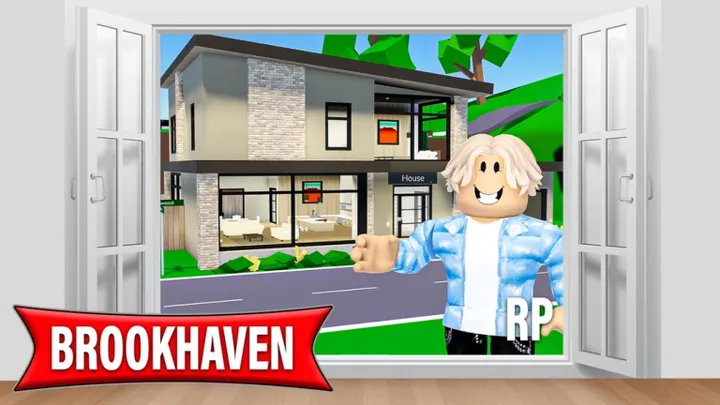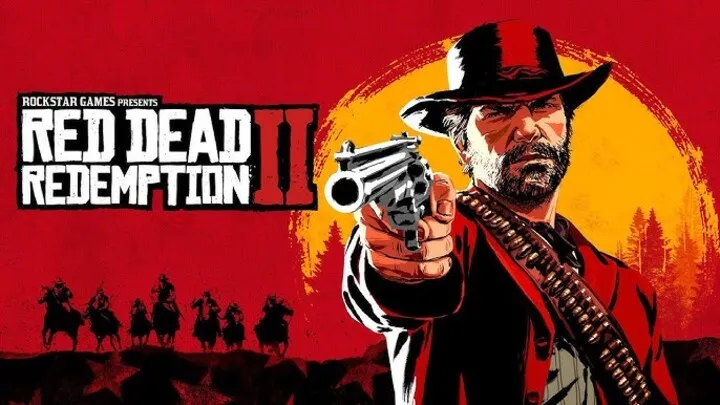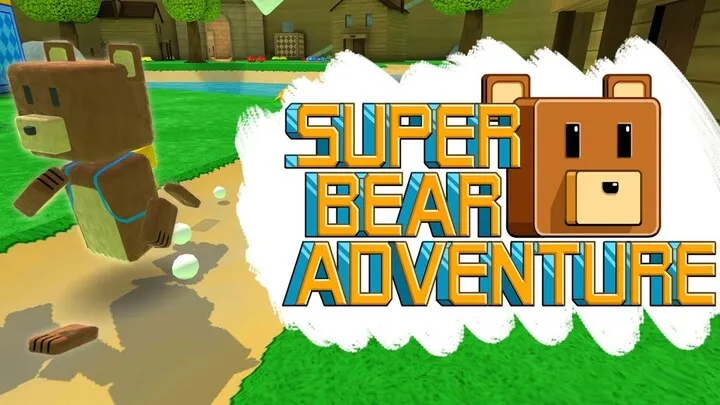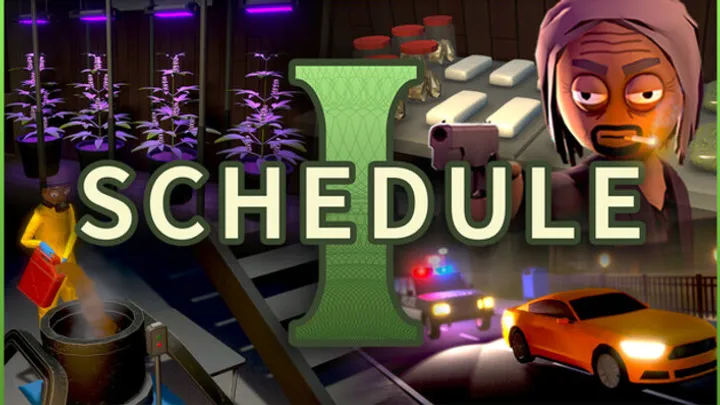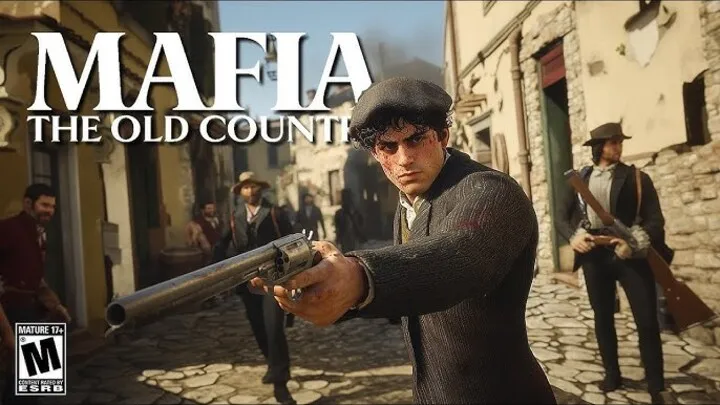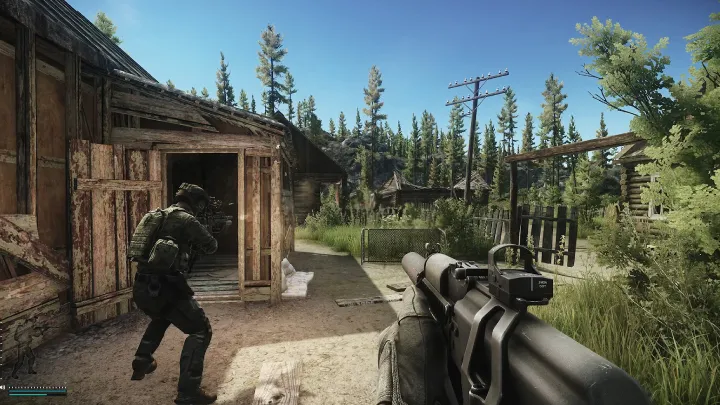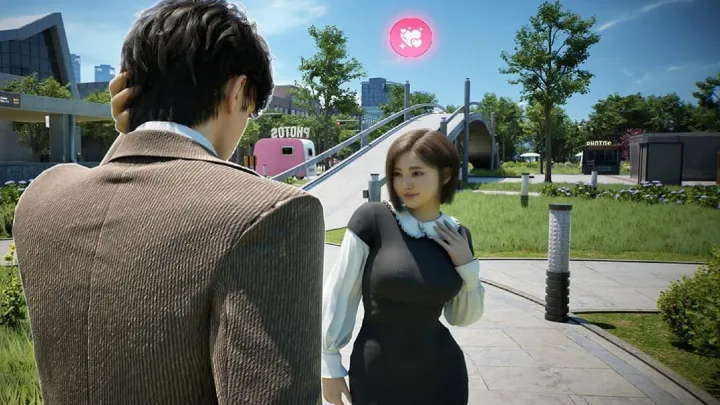In Mafia: The Old Country, power isn’t handed to you—it’s earned through blood, strategy, and cold calculation. The game’s intricate system of territory management, alliances, and underground economics turns every decision into a test of intelligence and foresight. This guide focuses specifically on how to build a criminal empire, walking you through the methods of establishing dominance in the old country’s ruthless world of organized crime. From street-level hustles to owning entire districts, this 5000-word guide breaks down each stage of empire-building—tactically, economically, and socially—within the game’s gritty historical setting.
1. Understanding the Foundation of Power
The first rule of Mafia: The Old Country is simple: before you build an empire, you must understand the foundation of power. The game simulates a living, breathing world set in 1930s Europe, where influence is built through control of people, money, and fear. You don’t start as a don—you start as a street soldier with ambition.
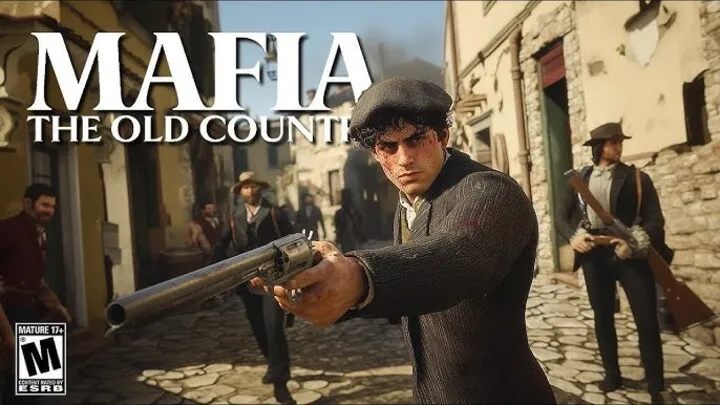
Establishing Influence Early
At the beginning, your goal isn’t domination—it’s survival. Focus on small jobs: collecting debts, smuggling goods, and managing protection rackets. Every completed mission adds to your Reputation Points (RP), a key currency for expanding your network. Influence in this world grows like roots—it starts underground.
Key Tips:
- Choose early allies carefully—betrayals can cripple your reputation.
- Always invest in territory upgrades before weapon stockpiles early on.
2. Mastering Territory Control
Once you have a foundation, the next phase is claiming your first territory. Territories are the heartbeat of your criminal empire in Mafia: The Old Country. Each district you control generates income, manpower, and prestige. But taking one is not as easy as walking in with guns blazing.
Mapping and Reconnaissance
Use informants to gather data before launching a takeover. Every district has rival bosses, police influence, and hidden black markets. Send scouts to identify weak points. Information is worth more than bullets here.
Strategic Expansion Checklist:
- Secure districts near trade routes for consistent income.
- Balance territory aggression with diplomacy—avoid multi-front wars early on.
- Build safe houses for quick escapes and asset protection.
3. Recruiting and Managing Soldiers
Your soldiers are your backbone. Without loyal men, you’re just another thug with a dream. Building a crew that’s both skilled and loyal requires balancing fear with respect. Mafia: The Old Country uses a morale and loyalty system that affects combat efficiency and obedience.
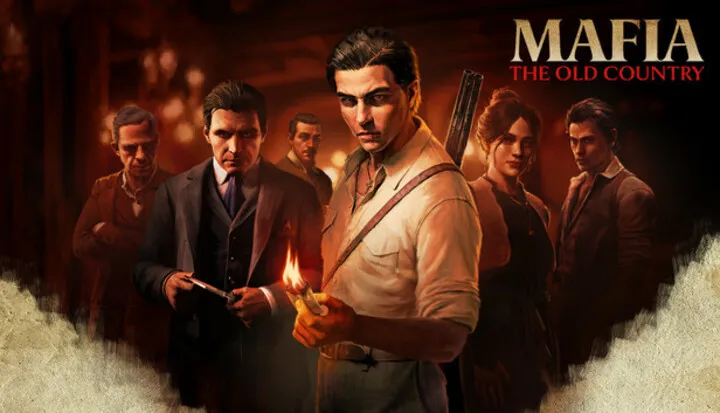
Recruitment Strategy
In the early stages, recruit from your neighborhood—former boxers, mechanics, and smugglers. Each has unique stats. Mid-game, you can recruit professionals: ex-cops, mercenaries, or rival defectors. But loyalty declines if they’re underpaid or mistreated.
Managing Loyalty:
- Reward loyalty with bonuses after major missions.
- Never send untrusted soldiers on sensitive jobs.
- Use fear sparingly; excessive brutality causes rebellion events.
4. Building an Underground Economy
Money is the fuel that powers your empire. In Mafia: The Old Country, the economy isn’t just about earning—it’s about laundering and reinvestment. You must build legitimate fronts to disguise illegal income.
Money Laundering Fronts
Invest early in businesses that align with your operations: bars, shipping companies, or repair shops. The more fronts you own, the safer your cash flow becomes. Each business also unlocks side missions that provide passive upgrades and reduced police suspicion.
Smart Investments:
- Bars and nightclubs: steady income and informant recruitment hubs.
- Shipping companies: essential for smuggling high-value goods.
- Funeral homes: excellent for laundering large sums discreetly.
5. Managing Law Enforcement Pressure
The bigger your empire, the more eyes you attract. Cops, detectives, and even politicians can be bought—or they can destroy everything you’ve built. Managing heat is one of the hardest but most crucial parts of empire-building.
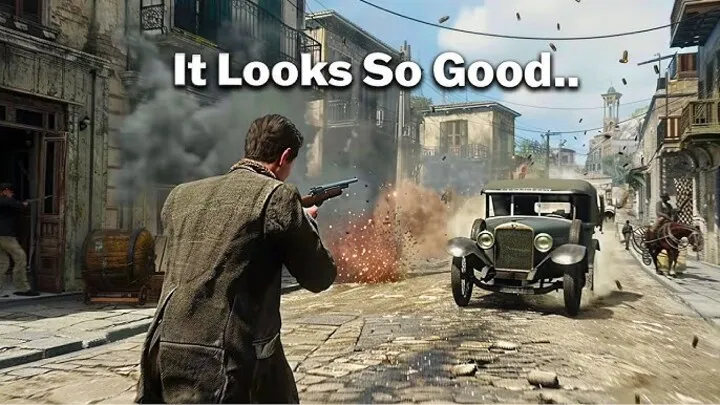
Heat Management Systems
The “Heat Meter” in Mafia: The Old Country determines how much law enforcement attention your activities draw. When the meter peaks, raids, arrests, and assassinations begin. The key to survival is balancing visibility and control.
Reducing Heat:
- Bribe local officials after each major heist or assassination.
- Use legitimate businesses to funnel dirty money discreetly.
- Hire lawyers and fixers to handle legal trouble.
6. Diplomacy and Rival Families
In the old country, bullets aren’t the only tools of power—words can be just as lethal. Negotiating with rival families is an art form. Alliances, truces, and betrayals define much of your mid-to-late game experience.
Negotiation Tactics
The n
Rules of Mafia Diplomacy:
- Never trust first offers—always counter.
- Use shared enemies to strengthen partnerships temporarily.
- Keep your inner circle small to prevent leaks.
7. Expanding Through Smuggling and Trade
Once your local dominance is established, international trade becomes your empire’s next frontier. Mafia: The Old Country features a smuggling system that allows you to trade arms, liquor, or narcotics through docks and hidden airstrips.
Setting Up Smuggling Networks
Control over ports and railways determines your trading power. Invest in logistics—hire captains, mechanics, and bribe customs officials. The larger your network, the greater your profit margins, but also the greater your risk.
Tips for Efficient Smuggling:
- Always use coded communication to avoid interception.
- Diversify smuggled goods to reduce risk during crackdowns.
- Assign trusted lieutenants to oversee trade hubs.
8. Internal Politics and Betrayal Management
Every empire faces betrayal. In Mafia: The Old Country, betrayal isn’t just a random event—it’s driven by morale, greed, and ambition. Managing your inner circle requires strategic paranoia.
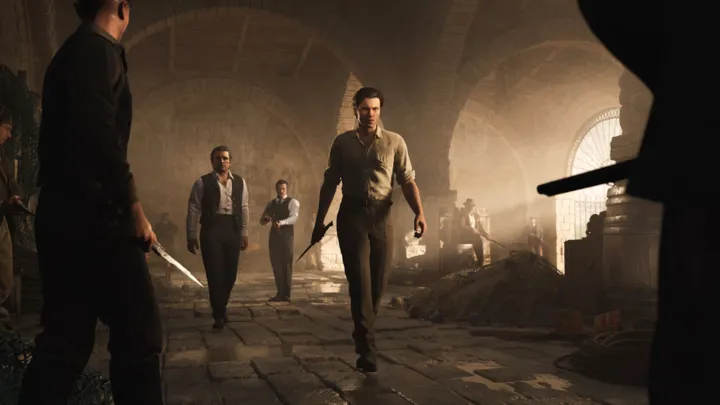
Detecting Betrayal
Keep
Handling Traitors:
- Decide between fear or forgiveness based on long-term consequences.
- Public punishment boosts fear but lowers loyalty overall.
- Discreet removal maintains stability but costs resources.
9. Transition
True success in Mafia: The Old Country isn’t just about being feared—it’s about being remembered. The endgame revolves around transitioning your operations into legitimacy. You can choose to become a businessman, politician, or remain a don in the shadows.
Legitimization Process
Buy luxury properties, sponsor public events, and invest in political campaigns. Each legitimate investment reduces your “Crime Legacy Score,” opening up new story endings. The choice between redemption and corruption defines your empire’s legacy.
End
- Retire peacefully with your wealth and family intact.
- Take over politics and rule through influence.
- Stay in the shadows as the undisputed crime king.
10. Perfecting the Art of Empire Maintenance
Building an empire is hard—but maintaining it is harder. Once you’ve reached peak control, complacency becomes your greatest enemy. Constantly upgrade your operations, improve loyalty systems, and modernize your infrastructure to stay ahead.
Balancing Power and Growth
Too much expansion too fast can fracture your organization. Regularly rotate leadership, train underbosses, and establish clear chains of command. The empire should function even in your absence—because in this world, every don eventually falls.
Checklist for Sustained Dominance:
- A
- Rotate district leadership to prevent corruption.
- Keep public image balanced between fear and respect.
Conclusion
Building a criminal empire in Mafia: The Old Country isn’t about brute force—it’s about intelligence, balance, and timing. From humble street hustler to powerful don, the path is filled with betrayal, opportunity, and legacy. Mastering territory control, loyalty systems, diplomacy, and economy transforms you from a mere gangster into a true ruler of the underworld. But remember—empires fall not because of enemies outside, but because of cracks within. Maintain discipline, invest in loyalty, and your name will echo across the old country’s cobblestone streets for generations.



